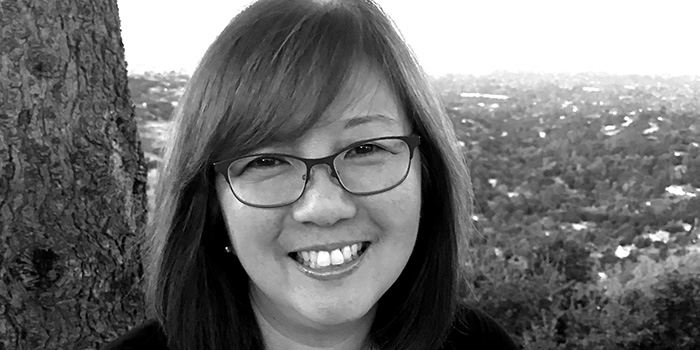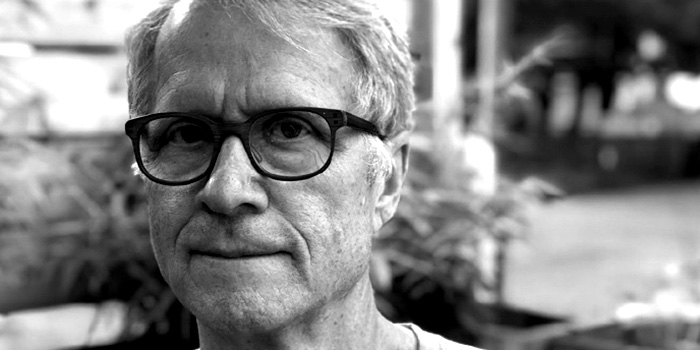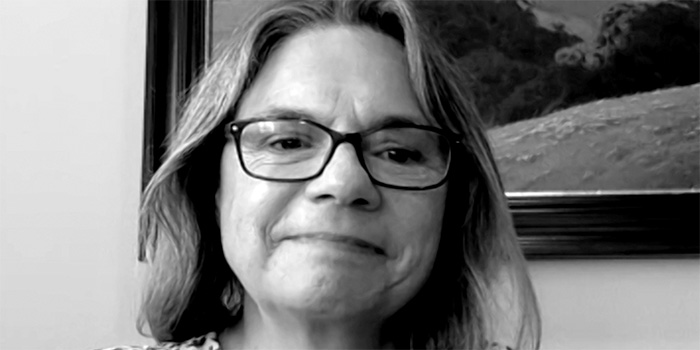Mission, Vision, and Values
We help pastors, churches and faith-based nonprofit leaders acquire the personal resources they need to flourish in their work and pursue their respective callings & missions faithfully, joyfully and sustainably. To that end we train spiritual directors to accompany leaders and resource churches; develop formation-focused church planters; host wellness retreats; and cultivate conversations around the topic of sustainability.
Our vision is nothing short of the reformation of the church in the 21st century. We long for new, alternative communities of faith that express the life of Jesus in compelling, winsome and needful ways. This is our small offering.
We value slow work over fast work. We prefer to be drawn rather than driven. We place greater weight on desire than on duty, knowing that it carries us farther. We believe working alongside others as co-learners is more helpful than working over them as consultants. We’re convinced that reflection, self-awareness and discernment are more needed than ever. We were made to be together and do life together. Amen.
Leadership

Sharon Wada
Co-Director

David Nixon
Co-Director

Janice Courter
Director of Finance and Administration
Sharon Wada has been passionate about spiritual formation ministry since her graduate days at Fuller Seminary. She completed her masters degree in Cross Cultural Studies in 1992. Her special interests include multi-ethnic issues and leadership development in church and non-profit ministries. She completed her training as a spiritual director in 2009 and her training in the supervision of spiritual directors. In addition to teaching in the School of Spiritual Direction, Sharon is gladly serving as co-director of Sustainable Faith along side Dave Nixon. She served on a Vineyard church pastoral staff for 12 years, and is drawn to exploring new expressions of Christian community. Sharon has been married to Jon for over 35 years and enjoys spending time with their adult children, being a new grandmother, as well as empty nesting with Jon.
Dave Nixon is the founding director of Sustainable Faith. He launched the School of Spiritual Direction in 2008, developed the curriculum, and built its network by establishing cohorts across the U.S. and in Europe and by training facilitators. Prior to this he and his wife Jody hosted a retreat house in Cincinnati (The Convent) where for seven years they received thousands of church leaders for rest and conversation. In the seven years prior, David planted Vineyard Central, an innovative parish church that has spawned urban farming, women’s shelters, a café, at-risk youth enterprises and a variety of other neighborhood-directed initiatives. He holds an M.A. in Biblical Studies from Harding Graduate School of Religion with a specialization in Greek and textual criticism. His earliest work life was spent teaching modern and ancient languages at the secondary level and university level. Some side interests include rehabbing, cryptocurrencies, and all things track & field.
Janice Courter is one of the largely unseen and too often unsung heroes of our organization. She pays the bills, handles payroll, oversees registration, keeps us clean with state and federal filings, and so much more. Without her excellent stewardship of these critical behind-the-curtain needs and requirements, the rest of us simply couldn’t do what we have the pleasure of doing. May her tribe increase!
History
Sustainable Faith was born and nurtured in the cradle of the Convent,
a former retreat space in Norwood, Ohio that took in multiple hundreds
of Christian ministry leaders over the Course of seven years (2007-14).
We gave them a place to lay their distracted heads, weary hearts and tired bodies.
We offered them nourishing, homemade meals around a candlelit table. We invited
them to join us in our daily prayers. And just as importantly, we listened as
spiritual directors to their stories of pain, fatigue, confusion, loneliness and
burnout. It always seemed a small miracle just how much good a little more sleep,
some decent food, shared prayers, and a listening companion did for them.
They weren’t “cured,” but they were better off, and this routinely prompted us to ask the question,
“What would it take for their experience here to be the rule rather than exception?”
All that Sustainable Faith has done, continues to do, and proposes to do is an attempt to answer that question.
Statement of Faith
One of the earliest christocentric statements of faith comes from the apostle Peter. After Jesus asks his disciples
what others are saying about him, he points the question at them: “And who do you say I am?” Peter answers simply:
“You’re the Messiah.” In Peter’s limited understanding, he likely meant, “I believe God has singled you out to rescue us
from the Romans and restore all that we as a people have lost.” Peter was mostly clueless about the nature of the rescue
and restoration this Messiah would provide. But his response delighted Jesus, who said, “Blessed are you... for my Father
in heaven has revealed this to you.”
We get something of the same from one of the two criminals executed with Jesus. The
unnamed man hanging beside Jesus offers nothing approximating a modern statement of
faith. It’s more a hope that Jesus is in fact some unrecognized king who will acquire
some unnamed kingdom. And with this hope his soul utters its final cry, an 11th hour
humble request to be remembered post-mortem by Jesus. Once again, this is enough for
Jesus, who kindly says, “Today you’ll be in paradise with me.”
Paul singles out the core elements of his gospel to be that Christ died for our sins,
was buried, was resurrected on the third day, and then appeared to numerous people
alive at that time. (1 Corinthians 15)
From these and other simple statements of faith we move through centuries of time
toward longer and more detailed creeds, the growth of which was fueled by heterodox
theologies to which the creeds were a response. Consequently, we move from Paul’s
statement to the Old Roman Symbol to the Apostolic Creed to the Nicene Creed and beyond.
If you’re looking here for a credal statement of that nature, a list of theological
propositions to which we assent so you can determine if we pass muster, we’ll
disappoint you. For us it’s enough to say we love Jesus and feel we have nowhere
else to turn; that he is our Savior – the Way, Truth and Life; that he reflected
to us the faithfulness and lovingkindness of the Father in concrete ways; that he
remains with us in and through the presence of the Holy Spirit; and that in him we
have undying life. We also confess that whatever we think these things mean, we’re
likely as clueless as Peter and the criminal were. Yet we think that confession pleases
God, and we offer you here at the end an excerpt from a well-known prayer of Thomas
Merton:
I have no idea where I am going. I do not see the road ahead of me. I cannot know for certain
where it will end, nor do I really know myself, and the fact that I think I am following your
will does not mean that I am actually doing so. But I believe that the desire to please you
does in fact please you. And I hope I have that desire in all that I am doing. I hope that
I will never do anything apart from that desire.
